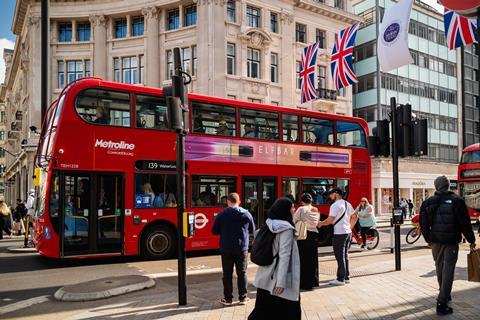
The biggest-selling disposable vape brand has been stripped from shelves at Sainsbury’s, Asda, Tesco and Morrisons, after products were found to contain illegal amounts of nicotine liquid.
Several variants of ElfBar disposables had been found to contain 50% more than the regulation maximum amount of nicotine liquid after over-sized tanks were “inadvertently fitted” to UK-bound product, the Chinese-owned brand said. Supermarkets have acted to remove all ElfBar products from sale.
“We have removed all ElfBar products from our stores whilst our suppliers investigate this matter further,” a Sainsbury’s spokeswoman told The Grocer. Having initially stated it was working with ElfBar and authorities to investigate the matter, Morrisons said on Wednesday it had “made the decision to remove all flavoured variants from sale”.
“The products will only be returned to sale once stock that fully complies with UK legislation becomes available,” the Morrisons spokeswoman added.
A spokesman for Asda likewise told The Grocer the supermarket was “removing ElfBar 600 flavours from sale, while we await the findings of the relevant investigations”. Asda said it will continue to sell other Elf Bar products, such as pre-filled pods for its refillable device.
Tesco would not confirm it had removed ElfBar lines from sale, but searches for all ElfBar variants on its website resulted in page errors as of Wednesday.
Several supermarkets had previously pulled specific flavour variants of the device, but have since enforced a temporary blanket ban on the bestselling brand.
Disposable vape products sold in the UK are restricted to a maximum tank capacity of no more than 2ml. An investigation by The Daily Mail found several lines of Elf Bars sold at Sainsbury’s, Tesco and Morrisons stores in London, Derby and Sheffield, contained between 3ml and 3.2ml of liquid nicotine in larger tanks. ElfBar said it had been informed of the oversized tanks by the Medicines & Healthcare products Regulatory Agency (MHRA).
Such tank sizes were “standard in other markets” ElfBar said.
In a statement, ElfBar apologised for the inconvenience caused.
“Working with our distributors and other supply chain partners we are moving quickly to replace all stock to ensure 100% that no product incorporates the 3ml capacity tank,” the company said.
“The new 2ml capacity batches will be arriving in the UK within 30 days. Whilst a highly regrettable situation we should stress that this is an e-liquid volume issue and is not related in any way to product quality. Therefore, it does not compromise the safety of the product,” it added.
A UK distributor of ElfBars – Vape Supplier Ltd – is understood to have told retailers this week that “no instruction has been given by MHRA or Trading Standards to remove any ElfBar product from sale”.
Several online retailers told The Grocer that they had yet to be given guidance from ElfBar regarding the illegal stock, or batch numbers to check. Some warned that in any case, the indication the company would replace illegal stock within 30 days was moot given the sheer rate of sales of the device.
It is understood ElfBar is struggling to find the source of the production issue, given its devices are made at scores of factories across China.
“As a brand that is committed to the highest levels of quality control, we will be reviewing our production processes to ensure that such a situation is not repeated,” ElfBar’s statement said. “We are communicating with all our retail customers and the authorities about the outcome of our investigation and our rapid product update plans to swiftly resolve the matter.”
The Chinese-owned brand – launched in 2018 – increased its sales by £318.4m in 2022 versus 2021; the biggest value gain of any brand in grocery last year.
ElfBar is now the most valuable e-cigarette brand by a considerable margin, worth £322.1m in grocery, having shifted an extra 55.8 million units.
ElfBars are imported into the UK by Salisbury-registered company Green Fun Alliance, which is majority owned by Hong Kong registered distributor Heaven Gifts International.
The Independent British Vape Trade Association (IBVTA) – of which ElfBar is not a member – said it did not expect the incident to affect the popularity of disposable vapes.
“It is important to recognise that this does not seem to be an issue of safety or product quality,” the association’s CEO Gillian Golden told The Grocer.
“Nonetheless, it serves as a stark reminder to all manufacturers that they ensure they consistently and fastidiously maintain their quality control standards throughout their supply chains. While the single use product category has undergone an incredible resurgence, it has demonstrated a level of unprecedented consumer appeal. The vape sector should have every confidence that this isolated incident will not deter that appeal,” she added.
However, vape industry expert Lawrence Wong told The Grocer it was “really hard to tell” whether ElfBar could “bounce back” from the incident.
Wong said he had heard from several major brands seeking to “fill the void” left by ElfBar’s removal from sale. “At the same time, reciprocally, retailers are now proactively seeking good vape products to fill the void left from ElfBar,” he said.
Technical director at vape retailer and brand Totally Wicked Liam Humberstone said the incident was “very disappointing” and had brought the reputation “of the sector into question”.
“It is therefore reassuring to know that through regulatory oversight and immediacy of action, the brand owner has the potential to bring fully compliant products back to market,” he said.
“This is in stark contrast to the many un-notified, and very much more over-filled ‘3,500 puff or more’ products that seem to be so readily available. Those products are clearly distributed without any such market surveillance from competent authorities.”
To supply e-cigarette products in the UK, producers must ’notify’ their products and submit data to the MHRA. Once assessed as compliant, the MHRA publishes the product information so that it can be legally supplied and sold. However, products are not assessed against the submission by the MHRA. Checking that claimed product information matches the products on sale is left to local Trading Standards.
”The MHRA receives intelligence information on products which do not meet the required standards, often in parallel with Trading Standards,” a spokesman for the agency said. “We work collaboratively with regional and national UK enforcement agencies and trade bodies to help identify and remove illicit products from the UK market. Where appropriate we will assist manufacturers in ensuring regulatory compliance.”

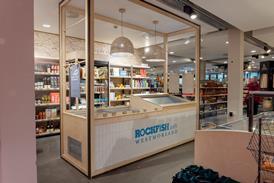


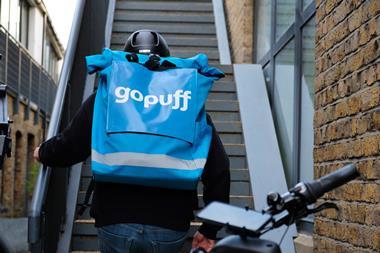
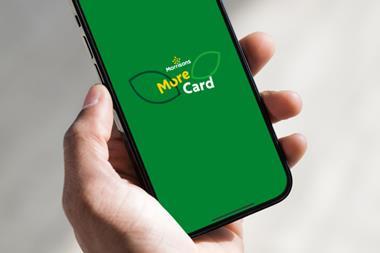
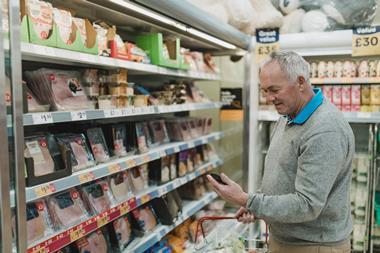
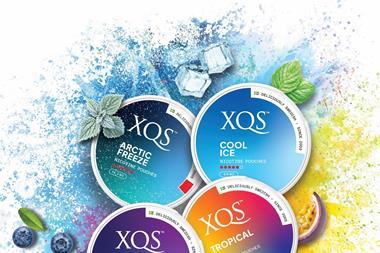
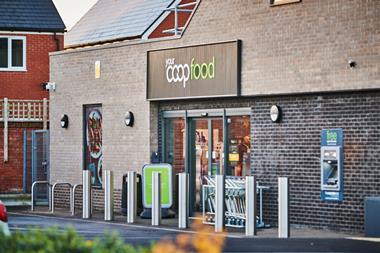
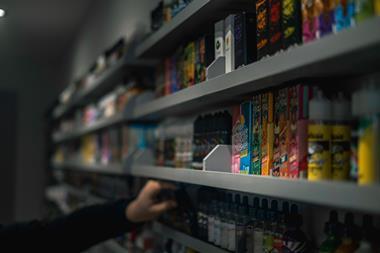
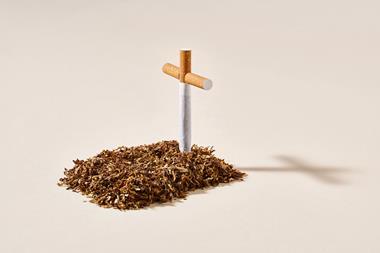
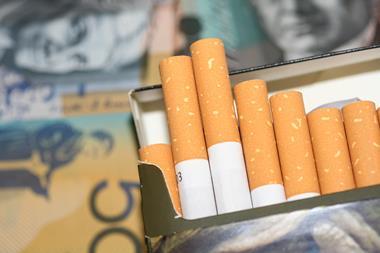

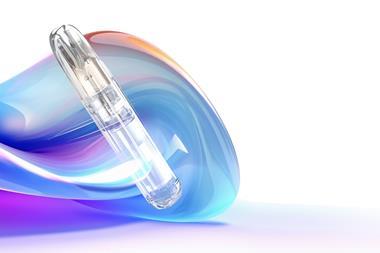

No comments yet